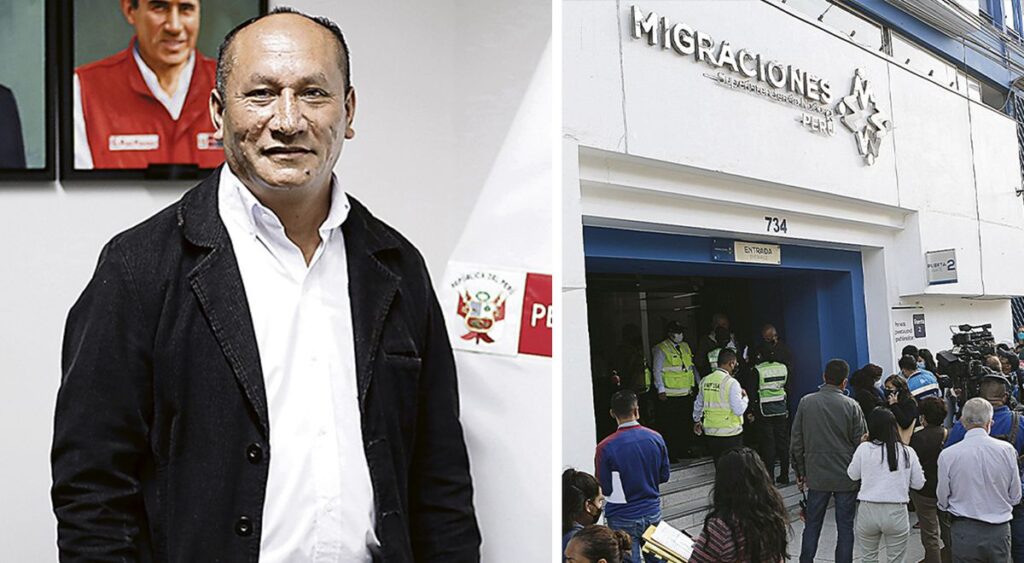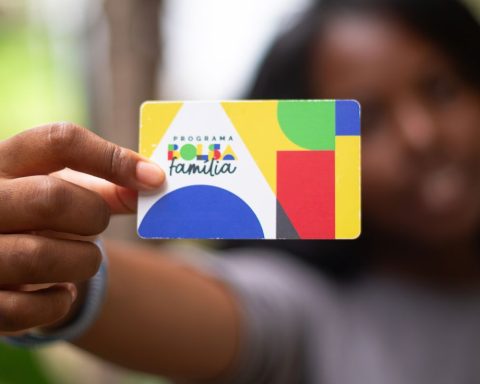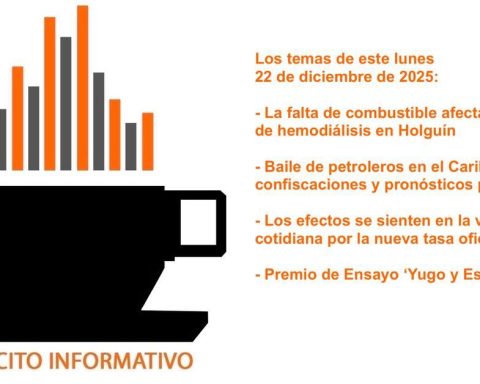Despite the fact that in the Dominican Republic the use of virtual currencies is not regulated by financial institutions, 85% of consumers say they have used an emerging form of payment (biometrics, cryptocurrenciesQR code and contactless payment) and 52% indicate that they are using the cryptocurrencies This year more than in previous years, according to a survey.
master card recently published the New Payments Indexwhich annually evaluates the behavior of consumers with respect to payment methods emerging. In its second edition, the study shows that financial innovations such as cryptocurrenciesDeFi solutions, blockchain and NFTs (non-fungible tokens) register significant activity in the region with consumers eager to learn more about this ecosystem.
51% of consumers in Latin America have already carried out an operation with cryptocurrencies and more than a third claim to have made a payment for a daily purchase with stablecoins, which are considered the stablecoins in the digital asset segment because they have less volatility in the self-regulatory market.
The survey, carried out between March and April of this year, considered the opinion of more than 35,000 people from all over the world. 54% of those consulted considered that the performance of digital assets as an investment was favorable.
Generally, New Payments Index highlights that, despite the increase in the use of digital assets, only 20% of Dominicans surveyed feel comfortable using virtual currencies for payment.
banking
The study reflects that the interest in cryptocurrencies is on the rise among consumers, a trend that invites traditional financial systems to evaluate the type of product they have for citizens who are increasingly up-to-date and demand specialized services.
The Central Bank warned that virtual assets such as Bitcoin, Litecoin and Ethereum, among others, do not have its support and, therefore, do not enjoy the legal protection granted by the legal framework of the Dominican Republic.
In that sense, the document reveals that 54% of Dominican consumers would like to see traditional banking institutions offering educational workshops on cryptocurrenciesas a way to establish them as a secure payment method in the country.

















